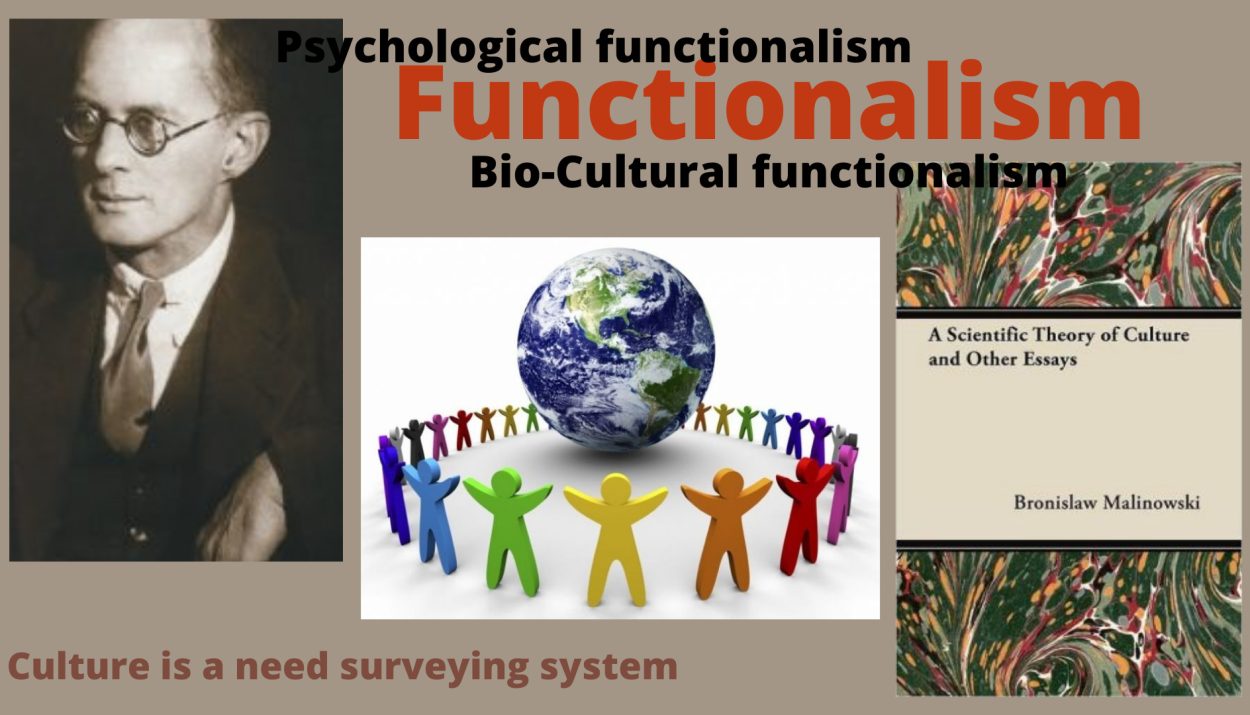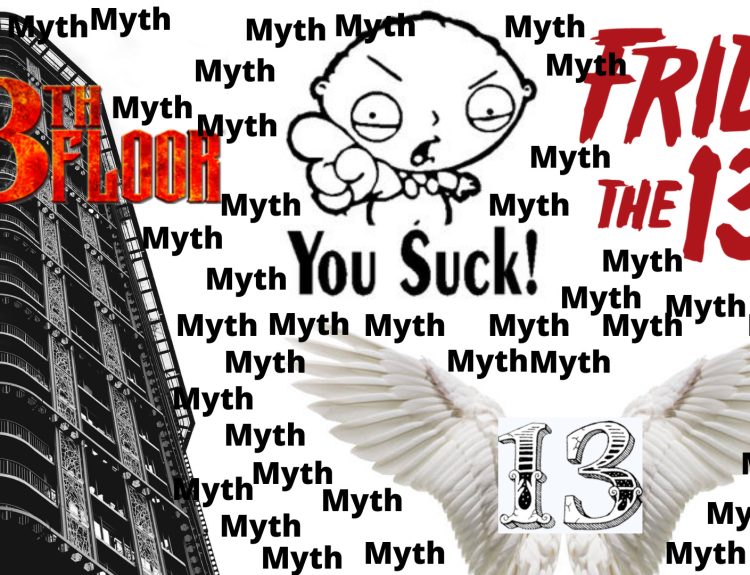There are three important anthropological thoughts- Functionalism, Structural- Functionalism and Structuralism. Here we are going to discuss the theory of Functionalism.
The concept of Functionalism came after the theory of evolution and diffusion. This theory explains the functions of different aspects of culture. It explains the functions of various social institutions found in different cultures.
The functionalism approach is mainly given by B. Malinowski and R. Brown. Both have different views due to which Malinowski is known as Functionalist while Brown is known as Structural-Functionalist.
Malinowski believed in biological aspects. He has a view that every individual has physiological needs which he or she fulfil through social institutions. Social institutions are marriage, family, kinship etc.

Brown focused on social structure, not on biological needs. Social structure is the web of social network in which people of a definite community lives in a definite time. Social structure is the arrangement of persons or groups of persons.
Bronislaw Malinowski (1884-1942)
Malinowski was a British anthropologist. He was known as the father of social anthropology, ethnography, participant observation. He conducted research in the Trobriand Islands (on the east coast of New Guinea) and published his work in the book- “Argonauts of the Western Pacific” (1922).
His book- “A Scientific theory of culture and other essays” was published posthumously where he propounded Functional theory or Need theory.
Features of Functionalism
- Culture is a means of satisfying human needs.
- Culture fulfils the characteristics of human beings through cultural institutions.
- Elements or institutions of culture perform some function.
- This function is nothing but fulfilment of human needs.
- Institutions are established norms or patterns of behaviour (Radcliffe Brown).
- Each element of culture may have different functions, but they are related to each other.
- The function is the contribution of Partial activity to the total activity of which it is a part (Radcliffe Brown).
Malinowski presented two major concepts-
- Institution
- Need
Need
Malinowski said in his theory that culture is a means of fulfiling human needs. There are three types of human needs-

- Basic need/ Primary need/ Biological need
- Secondary/ Instrumental/ derived need
- Integrative need
Primary need – Cultural response
Metabolism – a system of food
Reproduction – Kinship, Marriage
Body comfort – Shelter
Safety – Protection
Movement – Activities
Growth – Training
Health – Hygiene
Secondary need
Without secondary need, human’s work can go on but if it is there then human’s work will be done well.
Secondary need – Cultural response
Cultural tool – production, distribution, consumption, trade
Human behaviour – Social control
Knowledge – a system of education
The function of power – Political organization
Integrative needs
This need is used to tie human beings in a thread or to connect humans to humans.
For example- Tradition, values, religion, art, language, symbol etc.
Institution
According to Malinowski, culture fulfiled the above-mentioned needs through the Institution.
There are some purposes in an institution, the aim is to maintain it’s social and allow it to continue. There are some people in the organization, some rules of the organization as well as there are some physical devices.
Definition of function
According to Malinowski, the people of an institution perform certain tasks using physical equipment under the norms and rules of the institution. The effect of this work is called function, this effect is the fulfilment of human needs.
Malinowski gave importance to individual needs so his theory of functionalism is known as Psychological Functionalism.
Criticism
- Malinowski called the biological need of human beings the primary need whereas both the needs can be different.
- Malinowski said that secondary need is also necessary for the survival of human group and individual, then it became like a primary need, then what is the difference between secondary needs and primary needs.
Despite the above shortcomings, Malinowski’s Functionalism is an important part of Cultural Anthropology.







